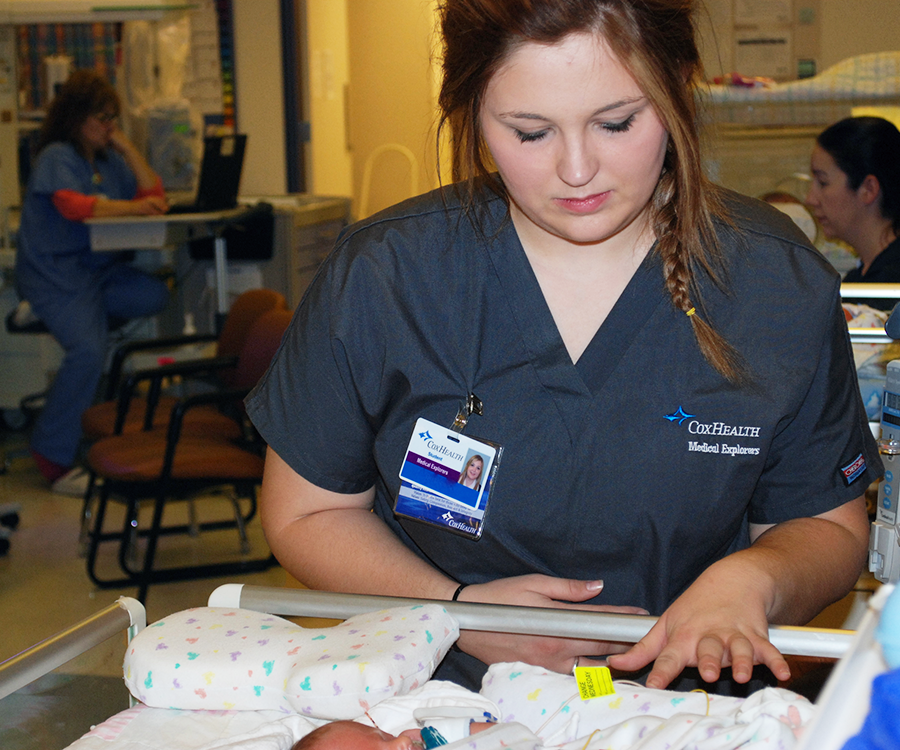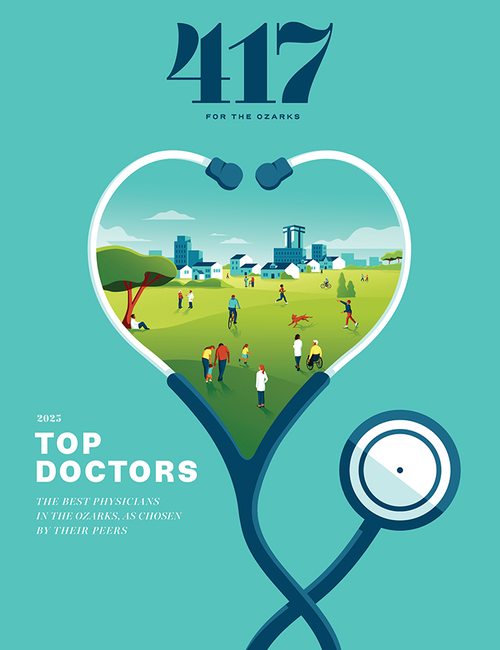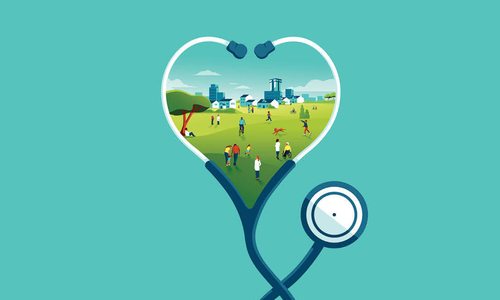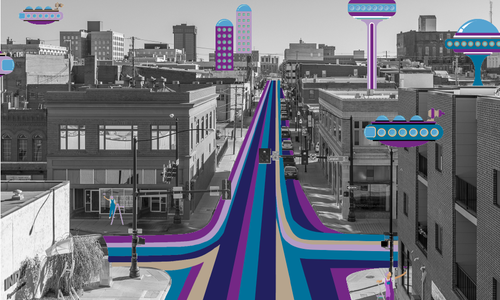
Lifestyle
Grooming Future Doctors
Local programs connect kids and young adults to careers in the medical community, giving them firsthand experience and an opportunity to see if a job in a medical field is in their future.
Written by Julie Sedenko Davis | Photo courtesy Cox Health
May 2016

Imagine lying on a gurney in the operating room. Your eyelids are heavy as the sedative begins taking effect. Just before going under, your doctor leans over and says, “I’ll do my best, but I’m really just here for the money.”
While that scenario would never happen, it is true that some people choose medical careers solely because of the potential salary. Working long hours and the emotional toll of the profession aren’t a reality until it’s virtually too late to back out. Fortunately for local young people (and their future patients), two visionary programs offer the chance to actually experience the medical field before making this major career decision.
The Medical Explorers program at Springfield’s Cox Hospital is the largest and second oldest chapter in the country. Marcus McCorcle, MD, and a group of high school friends founded the program in 1968. “We were trying to find a way we could get some shadow experience.” With no opportunities available, the boys looked to the Boy Scouts organization to help. Medical Explorers continues to be part of the Boy Scouts Learning for Life career exploration program. (Participants don’t have to be Boy Scout; in fact, a majority of Explorers are female.)
Young people between the ages of 15 and 20 volunteer for at least two to three two-hour shifts each month. Pat Long, Cox Student Volunteer and Medical Explorer Coordinator, says, “I have 27 different rotations.” They’ve recently added opportunities in prosthetics, sports medicine and physical/occupational therapy. “The staff is incredible because they love to teach,” Long says.
But Cox isn’t the only local hospital with a Medical Explorers program; Mercy has one, too. “You explore all the different careers in healthcare,” says Dee Manning, senior consultant in clinical education for Mercy Health Systems. “If it’s not a good fit, that’s education, too. It’s a win-win. It may not be the right time or not what they thought. That’s what exploring is all about.”
In addition to job shadowing, Medical Explorers attend a monthly meeting. “Professionals come and speak to them about their career, why they chose that career over others, their personal stories, what education is required, what is the commitment you have to make now to be prepared to enter into those healthcare curriculums,” says Manning.
Beyond medical experience, Explorers come away with greater character to embrace whatever their future holds. “The study habits, the commitment, the self-discipline, the becoming self-directed, being timely… there’s a lot of personal behavioral challenges that this program enables them to meet,” Manning says.
The experience often gives participants the edge when they’re ready to take that next step. McCorcle says, “A lot of physician contacts I made were my physician references to get into med school.” “It’s about them developing their portfolio so 5 to 10 years down the road when they are being interviewed for 90 positions in med school, that ‘other side of the table’ will say, ‘You really know what you’re getting into,’” says Manning.
The Explorer program is hugely popular. Mercy has up to 150 enrolled while Cox Health has more than 250, including a Branson program in its first year. Long, who started the Branson chapter, says, “I was hoping to recruit 25 and we got 74.”
Another local program offers students as young as eighth grade a hands-on medical career experience. Health Sciences Academy is one of Springfield Public Schools’ innovative “Choice” programs. Interested kids apply during their seventh grade year, and 50 are chosen to participate through a random lottery. The entire eighth grade year is spent studying in a state-of-the-art classroom located at Mercy Hospital. A core curriculum as well as special project-based learning applications are all taught through the lens of medical science, offering exposure to many different medical career fields.












